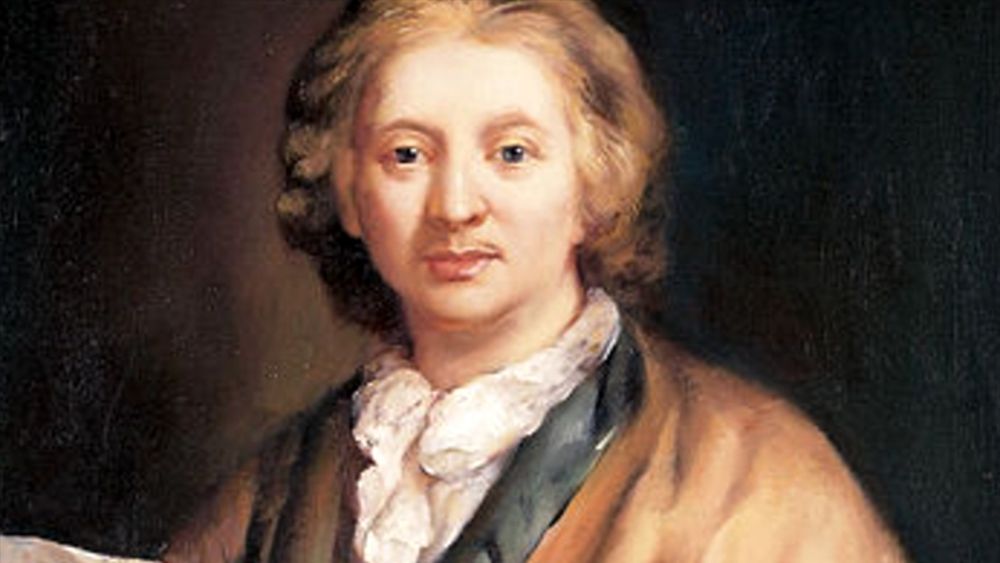E-mail: anthony@opusvivo.com
Newsletter: http://therefuge.substack.com (new editions on Wednesdays and Sundays)

A Sonic Plague
Exploring the Viola Joke
How Tuning is Like Suburban Sprawl
therefuge.substack.com
Please Share and Subscribe!
- Hector Berlioz

- Hector Berlioz
Let the games begin...

Let the games begin...



- Dedication of Rossini's "Musique anodine" (1857).

- Dedication of Rossini's "Musique anodine" (1857).




- Hector Berlioz

- Hector Berlioz




- François Couperin.

- François Couperin.




"He delights in the court atmosphere far more than is becoming to a poet."
Goethe, on Beethoven:
"He isn't altogether wrong in finding the world detestable; but that doesn't make it more enjoyable for himself or others."

"He delights in the court atmosphere far more than is becoming to a poet."
Goethe, on Beethoven:
"He isn't altogether wrong in finding the world detestable; but that doesn't make it more enjoyable for himself or others."



Goethe was 21 when Beethoven was born; he outlived the composer by 5 years.

Goethe was 21 when Beethoven was born; he outlived the composer by 5 years.

